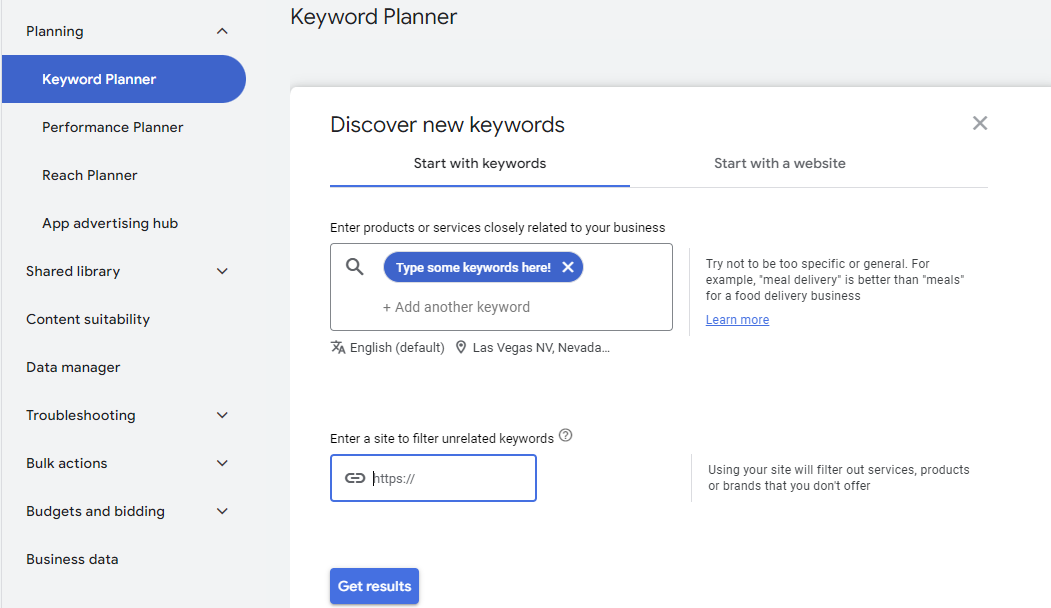A Step-by-Step Guide about E-commerce SEO
If you sell products and want to reach the largest possible audience, a well-optimized e-commerce website is essential.
Why? The most obvious reason is the rapid growth of e-commerce worldwide, projected by Statista to reach $8 trillion by 2027. E-commerce optimization can position you in front of this eager online market.
First, you need visibility, which you can achieve with effective SEO for e-commerce.
This article will explain how to implement SEO for your e-commerce website and attract customers.
Ready to learn more? Awesome! Let’s dive in.
Top Tips for eCommerce Website SEO
- Boost your e-commerce sales with higher search rankings through SEO.
- Some eCommerce SEO best practices you can implement: Category Page optimization, product page optimization, using long-tail keywords, having a SEO-friendly URL structure, and implementing a quality link-building strategy.
- Mobile First Focus: today’s mobile world, a seamless user experience on smartphones and tablets is crucial for SEO success.
- UX is King: A user-friendly website with clear navigation and fast loading speeds is essential for good SEO.
- Clean Code, Happy Search Engines: Ensure your website has clean code structure for smooth crawling and indexing by search engines.
- 80 percent of Digital marketers say SEO has a positive effect on their online marketing performance.
What Is SEO for E-Commerce Store?
A well-designed and well-optimized website with high-quality content will rank better in search engines like Google, boosting your ecommerce store’s visibility and driving traffic.

In other words, you can say, SEO for e-commerce concentrates on optimizing your website, making getting high amount of traffic, leads and conversions easier.
However, unlike SEO for content-focused websites, optimizing your online store requires more than just adding keywords, writing blog posts, and gaining links. It’s essential to understand how search engines function and what they value.
Why Is SEO Important for E-Commerce?
Why is SEO important for e-commerce sites, you ask? Because it can help you achieve your business goals, and I have evidence to support this.
According to the 2023 Impact of SEO & Content Marketing Survey, an impressive 82 percent of marketers believe SEO positively impacts their marketing performance and goals, with 50 percent stating that SEO had a significant, positive effect.
I assume this trend to increase in the coming years due to the long-term benefits of SEO and its cost-effectiveness compared to paid search advertising, which delivers instant results but is expensive to sustain over time.
E-Commerce SEO Best Practices
E-commerce SEO optimization for online retailers is a complex field. With tens of millions of online retail sites, making your site stand out can be challenging.
While improving your SEO rankings may seem daunting, you can make a positive start by applying the best SEO practices I detail explain below.
If you haven’t optimized your e-commerce website yet, I highly recommend following this guide step by step. If you have optimized your site in the past, feel free to apply my advice as you see fit.
Are you ready? Then, let’s learn how to do e-commerce optimization.
1. Keyword Research And Analysis
First, identify the most relevant and popular keywords for your niche. Next, understand the user or search intent behind each keyword—essentially, the reason why someone is searching for it.
There are numerous tools you can do use for research this. Let’s dive into some options next.
Using Google Tools
No budget for keyword research? No problem! You can start with Google Search Console and Google Keyword Planner
Keyword Planner helps you discover new keywords, get search estimates, and view the costs of targeting them. You can also organize keywords and start new campaigns.
With Google Search Console, you can identify low-hanging fruit keywords—terms with low competition and high SEO value.
Using Ubersuggest for Long-tail Keywords
A long-tail keyword is a longer and more specific search phrase, typically consisting of at least three words. While they may not attract massive traffic, they are incredibly valuable for e-commerce stores.
If you want long-tail keywords, this tool Ubersuggest, is your best friend.

Analyze Competitors Keywords
Utilize tools to analyze your competitors’ keywords and identify gaps in their content. Targeting these gaps can enhance your visibility and attract more traffic.
Consider Seasonal Trends
Use tools to monitor search trends throughout the year. Optimize your landing pages for terms such as “summer courses” or “fall application deadlines” during the appropriate seasons.
Using Autocomplete Predictions
Autocomplete features accelerate the search process by predicting searches based on previous queries.
To produce its results Google uses trending search queries, locations, and freshness.
Let’s look at an example:

2. Product Pages Optimization to improve ranking
Every business aiming to grow its search traffic and acquire new customers needs to focus on e-commerce site optimization. Think of it like enhancing your storefront to make it exceptionally inviting for all potential customers passing by. For an online store, this is where on-page SEO becomes essential.









